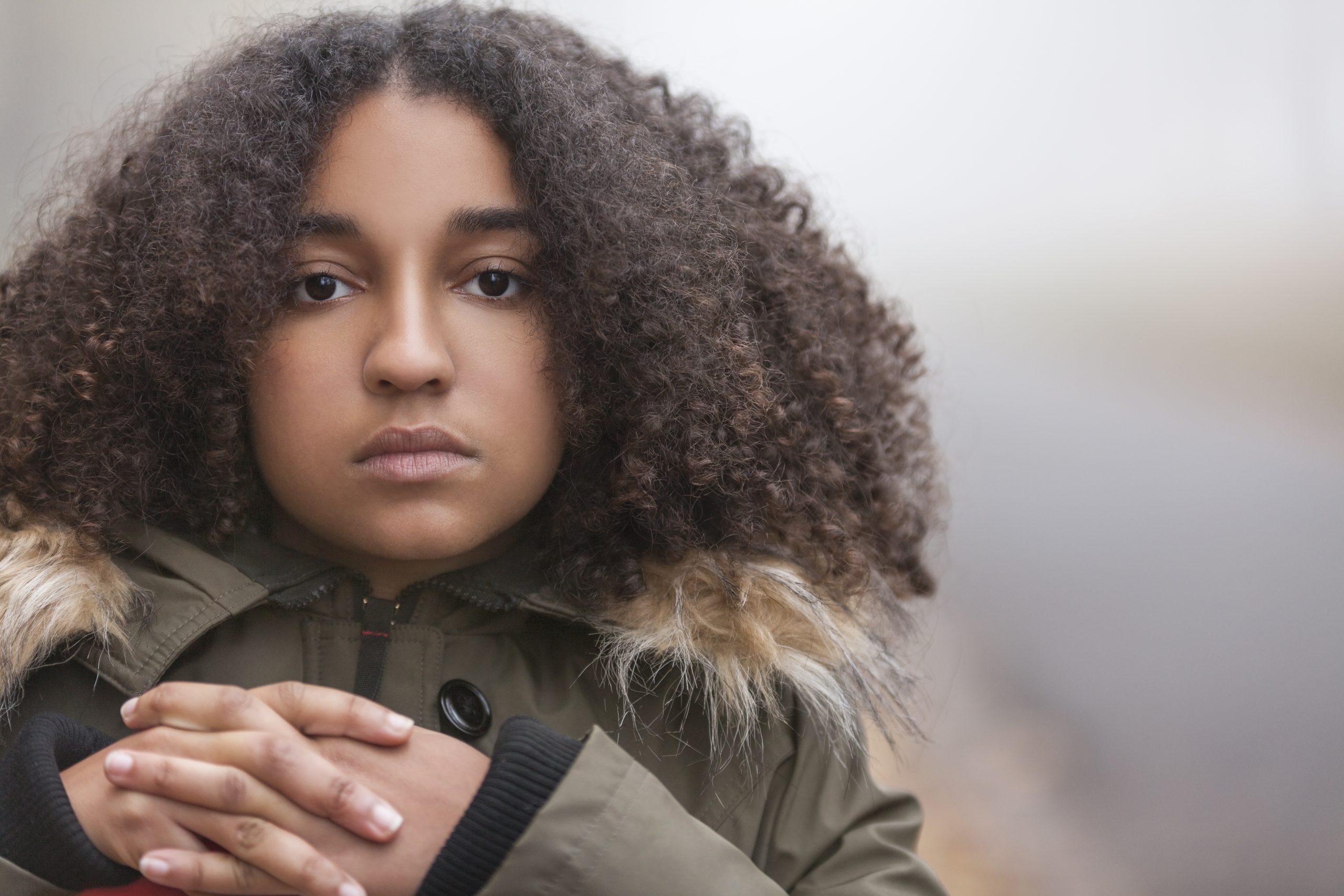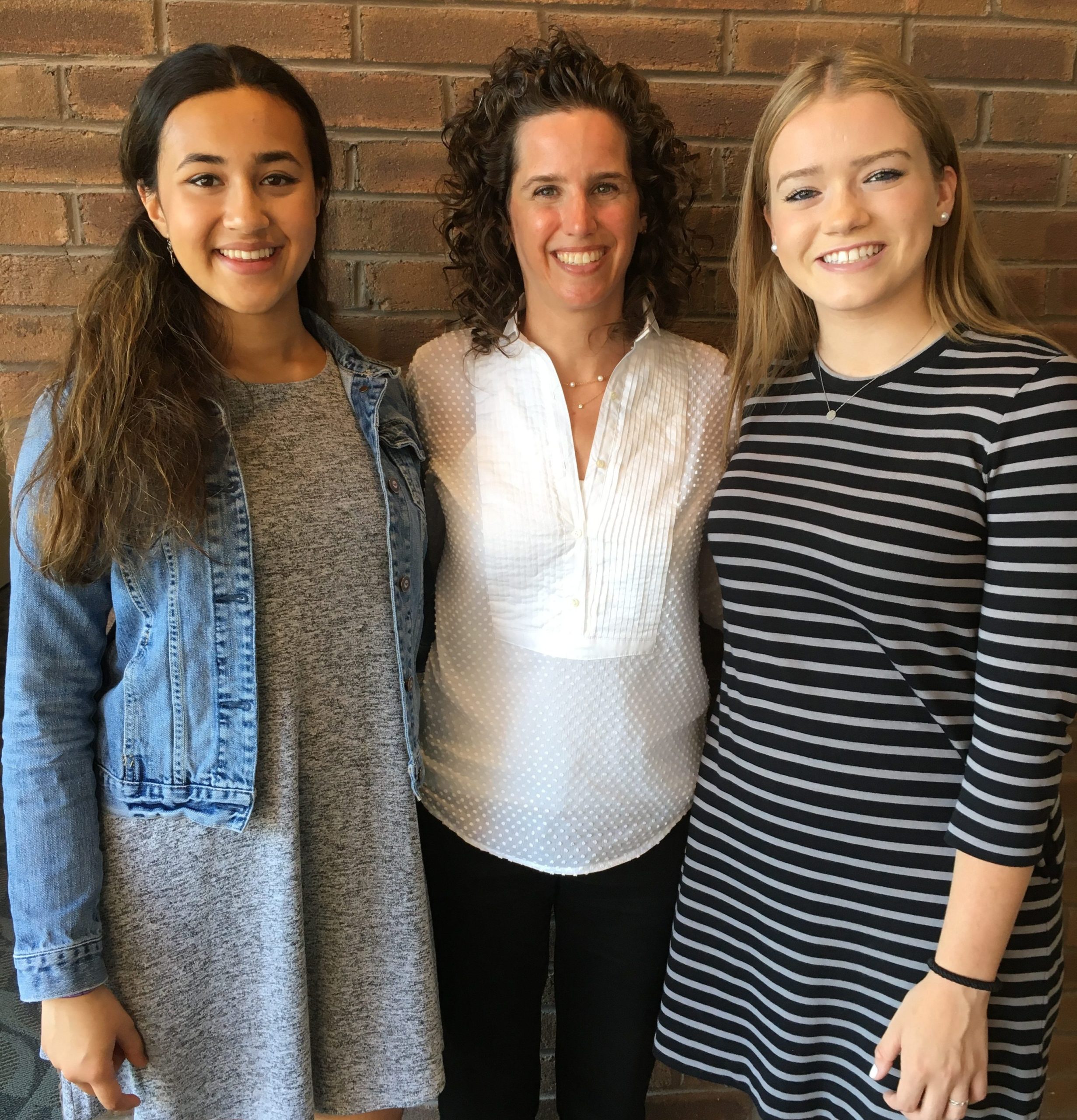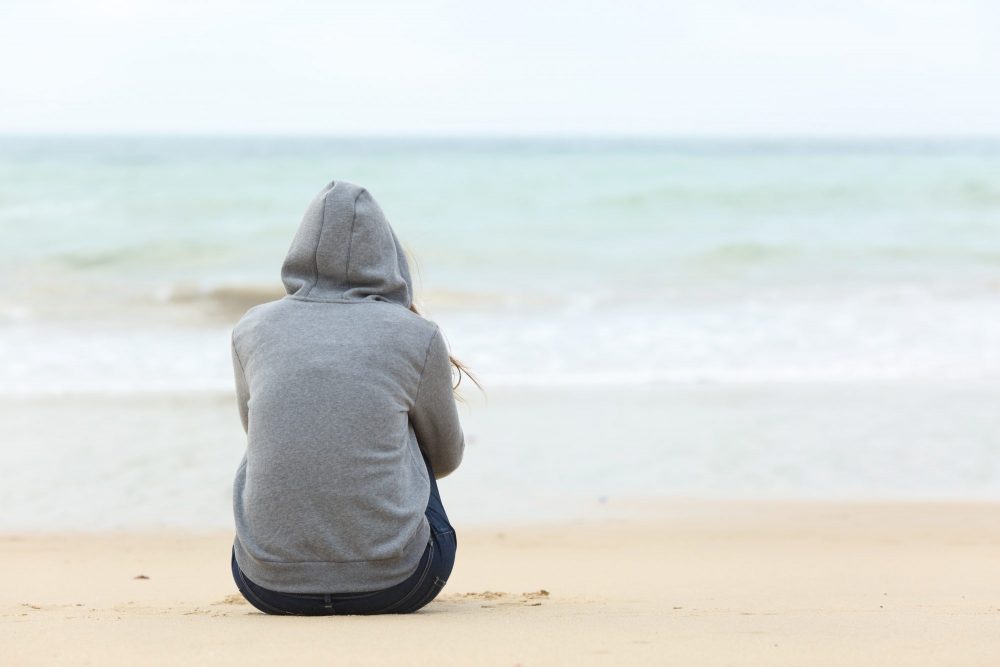Abortion rights, women of color, and LGBTQI+ people are under attack. Pledge to join us in fighting for gender justice.
“Protect Black Women” Isn’t Just a Catchy Slogan—It’s a Demand, and We Deserve Nothing Less.

TW: Mention of sexual violence.
I hated walking home from school. I loathed the 15 minutes of stares and random whistling from men young and old. I always wondered why they bothered me, but adults told me to pretend it wasn’t happening, and boys told me it was because of how “grown” I acted. I was socialized to believe this desirability was a badge of honor, but deep down I knew it was gross and wrong to be perceived not as a little girl but as prey for men and boys.
Since the age of nine, I, like many other young Black girls, have been subjected to unwanted sexual harassment due to the hyper-sexualization of our mere existence. This is known as “adultification,”—the assignment of more adult-like characteristics to young Black girls, stripping them of childhood innocence. As a result, Black girls are perceived as more knowledgeable and experienced on adult topics, including sex, and less deserving of care and protection from abuse. These narratives, born out of racist and sexist ideologies, create a harmful reality that Black girls live through. One in four Black girls will be sexually abused before the age of 18. Too often, they do not feel supported enough to ask for help or are ignored or blamed when they do speak up. In other cases, these acts of violence are not acknowledged until much later in life.
It was not until my freshman year orientation from our college’s Title IX coordinator that I learned about the many ways abusers manipulate and coerce victims into sexual acts. Once I heard those words, it clicked for me. All those feelings of discomfort and forced silence shoved into the depths of my chest had a word to it: rape. Without access to this vocabulary, I may have spent years questioning my past. I recognize that many Black girls may not have been educated about these issues, know how to process their trauma, or act on it to hold their abuser accountable.
Title IX’s protections against sexual harassment and assault must be intersectional and account for how both gender and race impact Black women and girls. The dominant narratives about gender and race fixate on antiquated contexts of how sexism impacts white women and how racism impacts Black men. This binary understanding erases the experiences of Black women and girls from these conversations. We cannot fully understand consent, rape, sexual harassment, stalking, etc. without examining how misogynoir racially motivated misogyny—harms Black women and girls.
The erasure of Black women and girls is on full display when opponents of Title IX protections incorrectly claim that Title IX is to blame for Black men and boys being wrongly disciplined for sexual assault. These arguments completely ignore the experiences of Black women and girls, who are disproportionately sexually assaulted and ignored when they seek help. Additionally, most sexual assault—like most violence—is intra-racial, meaning Black women and girls are primarily sexually assaulted by Black men and boys, and white women and girls are primarily sexually assaulted by white men and boys. Highlighting this phenomenon is not an attempt to feed into racist sentiments against Black men, but rather to point out that weakening Title IX protections against sexual harassment would do nothing to protect the Black community. Furthermore, these Title IX detractors fail to recognize that Black men and boys are also victims of sexual assault, and that they need Title IX protections, too. Weakening Title IX protections would harm all survivors, including Black survivors, and in particular Black women and girls.
Ultimately Black survivors cannot wait any longer to be supported and centered in Title IX policymaking. We need the Department of Education to move quickly to undo Betsy DeVos’s harmful Title IX rule changes that weakened protections for survivors. While doing so, I hope the Department centers the experiences of Black women and girls who are survivors, so that we too can receive the justice and care we deserve. After, all, “Protect Black Women” isn’t just a catchy slogan—it’s a demand, and we deserve nothing less.





